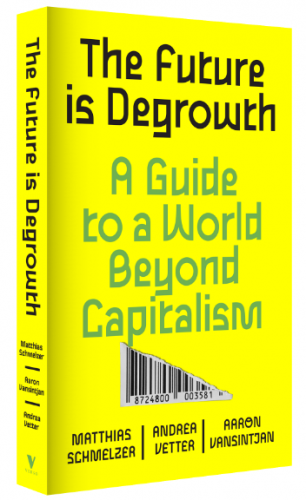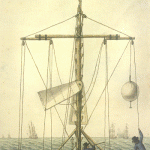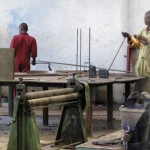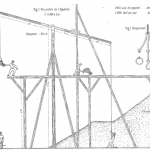“Wind energy development in Crete and Oaxaca is continuing the existing trajectory of energy extraction companies, resulting in an intensification of existing income-inequality, ecological degradation and social conflict, whilst spreading coercive cultural change. Based on these cases and critical (wind park) literature, we argue, that in actuality wind energy development represents a ‘Trojan horse’ for capitalism’s ongoing growth intensifying socio-ecological crisis through ‘accumulation by wind energy’. Wind parks serve as ‘Trojan horses’ for, amongst others, corporate land grabbing and temporarily mediating capitalism’s key contradictions.”
Quoted from: Siamanta, Z. C., & Dunlap, A. (2019). ‘Accumulation by Wind Energy’: Wind Energy Development as a Capitalist Trojan Horse in Crete, Greece and Oaxaca, Mexico. ACME: An International Journal for Critical Geographies, 18(4), 925–955. Retrieved from https://acme-journal.org/index.php/acme/article/view/1718







